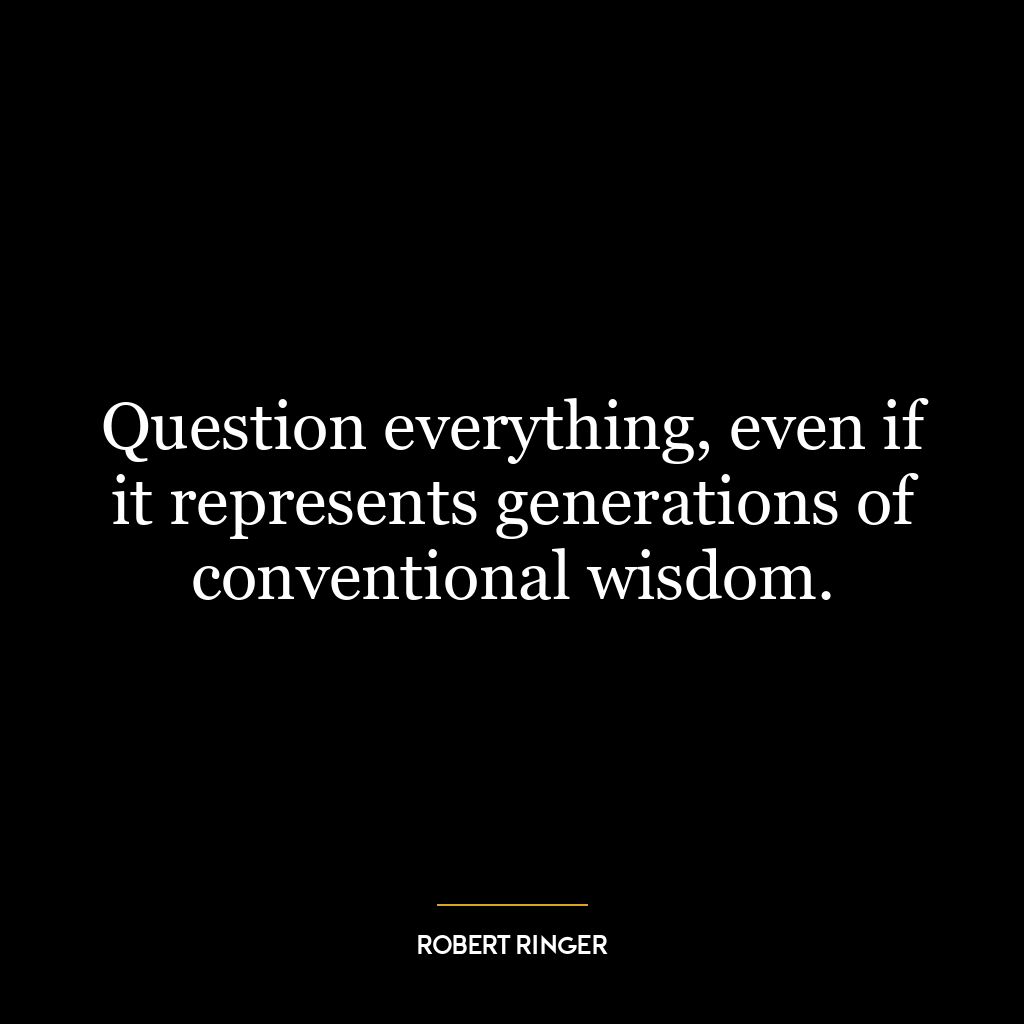'Despise' Quotes
Despise Quotes’ hold a powerful message of disdain and contempt towards something or someone. These quotes have been used throughout history to express strong emotions and opinions, often serving as a form of protest or rebellion. From political leaders to literary figures, many have used R…Read More
Despise Quotes’ hold a powerful message of disdain and contempt towards something or someone. These quotes have been used throughout history to express strong emotions and opinions, often serving as a form of protest or rebellion. From political leaders to literary figures, many have used ‘Despise Quotes’ to challenge societal norms and inspire change. These quotes have also been a source of motivation for individuals facing adversity, reminding them to stand up against injustice and fight for what they believe in. Despite their negative connotation, ‘Despise Quotes’ continue to hold significance and serve as a reminder to never tolerate oppression or discrimination.Read Less
Despise Quotes’ hold a powerful message of disdain and contempt towards something or someone. These quotes have been used throughout history to express strong emotions and opinions, often serving as a form of protest or rebellion. From political leaders to literary figures, many have used ‘Despise Quotes’ to challenge societal norms and inspire change. These quotes have also been a source of motivation for individuals facing adversity, reminding them to stand up against injustice and fight for what they believe in. Despite their negative connotation, ‘Despise Quotes’ continue to hold significance and serve as a reminder to never tolerate oppression or discrimination.
15 Admirable 'Despise' Quotations and Sayings
Despise – Symbolic Value
The word “despise” is often used to express a strong feeling of dislike or contempt towards someone or something. It is a powerful word that carries a lot of weight and can have a significant impact on our emotions and actions. In many ways, “despise” is more than just a word – it is a symbol of our deepest feelings and beliefs.
At its core, “despise” represents a sense of superiority and disdain towards someone or something. It is a symbol of our negative judgments and prejudices, and it often reflects our own insecurities and fears. When we despise someone, we are essentially saying that we are better than them, and that they are not worthy of our respect or admiration.
Despise – Cultural and Historical Significance
The concept of “despise” has been present in human culture and history for centuries. In ancient times, it was often associated with social hierarchies and class systems, where those in power would look down upon and despise those who were considered inferior. This can be seen in the caste system in India, where the higher castes would despise the lower castes and treat them as outcasts.In many cultures, “despise” is also linked to religious beliefs and teachings. For example, in Christianity, the Bible teaches that we should not despise others, as it goes against the principle of loving our neighbors as ourselves. However, throughout history, religious leaders and followers have often used the word “despise” to justify discrimination and persecution of certain groups.
Despise – Common Themes in Motivational Contexts
In motivational contexts, “despise” is often used to inspire individuals to overcome their challenges and achieve their goals. It is a powerful motivator that can push us to prove our detractors wrong and prove our worth. Many successful individuals have used their experiences of being despised to fuel their determination and drive towards success.However, it is important to note that using “despise” as a motivator can also have negative consequences. It can lead to a toxic mindset of constantly seeking validation and proving oneself to others. It can also create a sense of resentment and bitterness towards those who have despised us, which can hinder our personal growth and happiness.
Despise – Portrayal in Art and Media
The concept of “despise” has been a popular theme in art and media, often portrayed through characters who are despised by society or individuals who despise others. In literature, we see this in characters like Shakespeare’s Shylock in “The Merchant of Venice” and Victor Hugo’s Javert in “Les Misérables.” In film and television, we see this in characters like Cersei Lannister in “Game of Thrones” and Regina George in “Mean Girls.”These portrayals often highlight the destructive nature of “despise” and its impact on individuals and society. They also serve as a cautionary tale, reminding us of the consequences of harboring such negative feelings towards others.
Despise – Impact on Understanding of Life and Society
The concept of “despise” has a significant impact on our understanding of life and society. It reflects the complex dynamics of human relationships and the power dynamics at play. It also sheds light on the destructive nature of prejudice and discrimination, and how it can lead to division and conflict.Moreover, “despise” challenges us to reflect on our own biases and judgments towards others. It encourages us to strive for empathy and understanding, rather than hatred and contempt. By recognizing the symbolic value of “despise,” we can work towards creating a more inclusive and compassionate society.






